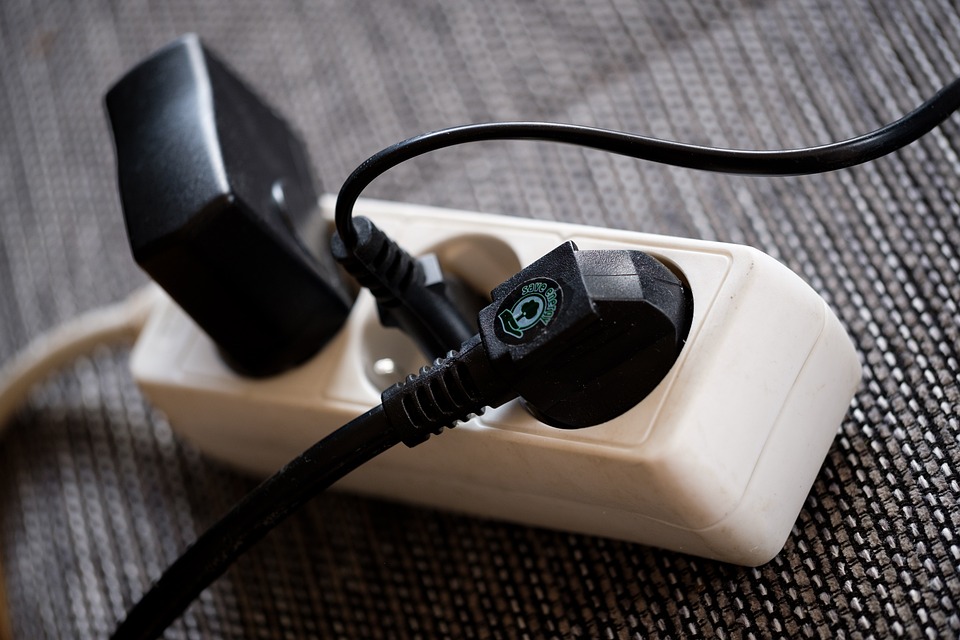Last weekend, Storm Darragh swept through Oxfordshire, causing widespread power outages.
The cold woke me up in the early hours of Saturday, and with no electricity, our home quickly became frigid.
In the beginning, lighting candles and chopping firewood felt like an adventure.
But as the day wore on, the novelty wore off, and the reality of being without power became more challenging.
By mid-afternoon, everyone’s phones were running low on battery, and our lives became dependent on the most basic analog tools.
The loss of not only heat and light but also our digital lives made me realize just how vulnerable we’ve become.
Without power, even our mobile signals, which depend on Wi-Fi, faded away. In an era where everything from banking to communication relies on technology, a simple power cut turned into a major inconvenience.
It made me appreciate how fragile our digitized lives are.
As we tried to make the best of a bad situation, it was hard not to think of those enduring far worse.
In Ukraine, where power grids are targeted as a form of warfare, the absence of power is not a minor inconvenience but a dire consequence of war.
Here in the UK, however, we are facing similar risks due to unpredictable weather patterns.

Emma Pinchbeck, head of the Climate Change Committee, warns that our infrastructure is not built to withstand these extreme conditions, leading to more power outages, transportation disruptions, and cascading failures in essential services like water treatment.
Beyond the impacts of climate change, geopolitical risks also threaten our stability.
The sabotage of gas pipelines and undersea internet cables, combined with cyberattacks, could further disrupt our access to energy and communication.
The possibility of hostile actors manipulating our need for heat, light, and connectivity is a chilling reality.
In contrast to countries like Finland and Norway, which advise citizens to prepare for emergencies, the UK is slow to embrace the importance of resilience.
Though it may seem overblown to stockpile food and water, recent events have shown us that it’s not about being physically prepared but mentally adjusting to the unpredictability of modern life.
Perhaps, the time has come for us to rethink our assumptions about the security of our infrastructure and make small, sensible preparations for the next inevitable crisis.

